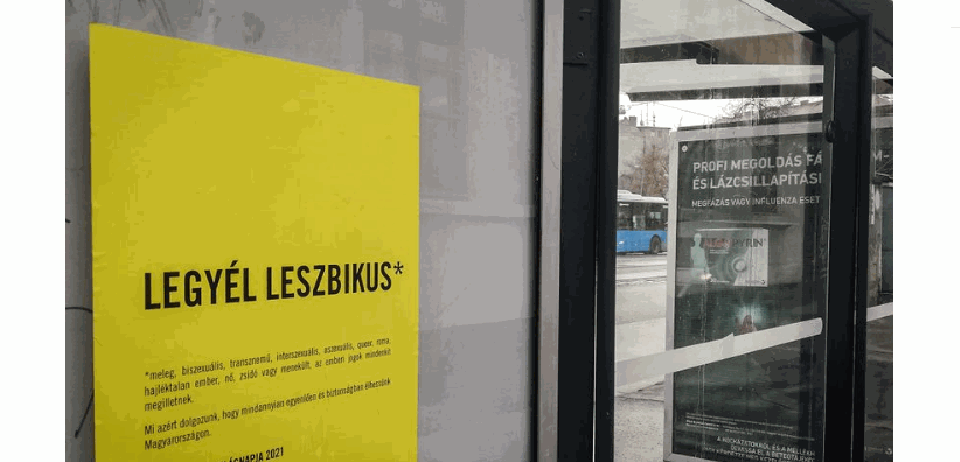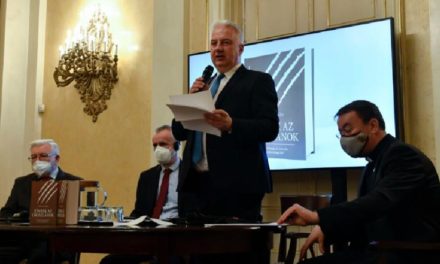In addition to the "confession" of the former director of the Soros Foundation, the voluminous set of documents sent to the Magyar Nemzet from an unknown e-mail address contains a lot of interesting information. A real gem is, for example, the Skype interview with the left-wing journalist Mátyás Kálmán, during which the former employee of 24.hu and Index said that during their work they receive thorough instructions on who they can talk to and how they depend on NGOs.
The various NGOs (non-governmental organizations) manipulate or even bribe the journalists reporting on Hungary, who in many cases write about the events in our country in a highly distorted manner, according to the Skype interview with Mátyas Kálmán. In the recording obtained by our newspaper, the former employee of 24.hu and Index reported to his unknown interlocutor:
It is not possible to know whether (the given journalist) just received an invitation to a nice hotel and how much they offered him to write what they want to hear from the media, explained Mátyás Kálmán .
He also mentioned his personal experience:
I was invited to Brussels and Strasbourg to cover unique events. In such situations, journalists are practically told where to go and who to talk to. And if you are in another country, you need such an organizer, whom you can trust, to connect you with the best speakers and experts, he said.
According to the video journalist, it is not good that the press staff depend on NGOs to such an extent, and he believed that it is difficult to operate transparently in such circumstances. "If they rely on an NGO for all of this, then the journalist is completely dependent on this organization, and this is not a very good thing. If, for example, there is a big, international event, such as a refugee crisis, which attracts many journalists, it is obvious that NGOs do not invite them, but send them. But once they are here (journalists), they have very limited options as to who they can rely on during their limited stay," Mátyás Kálmán pointed out.
You can read the entire Magyar Nemzet article
Image: Amnesty International













